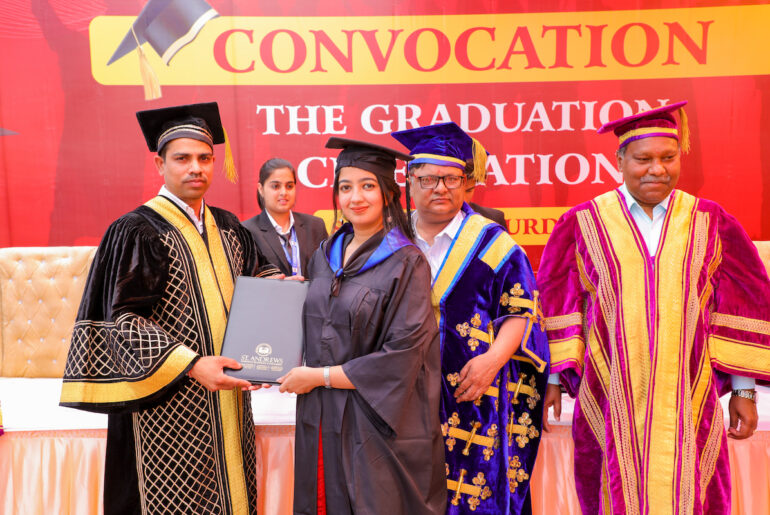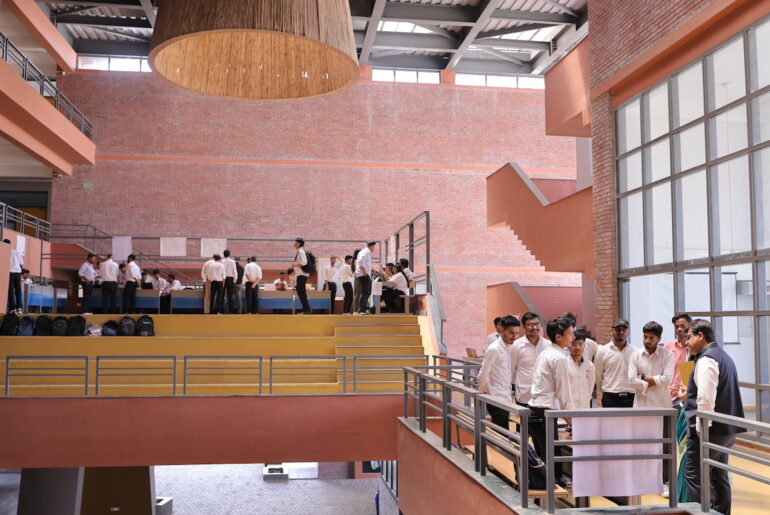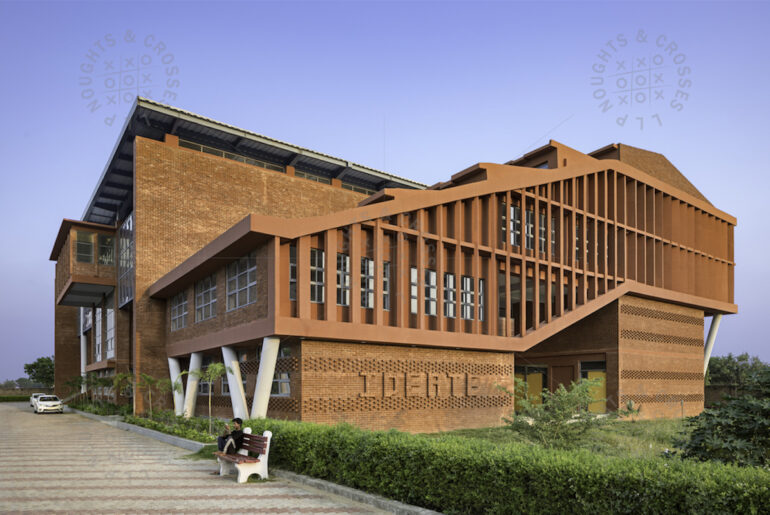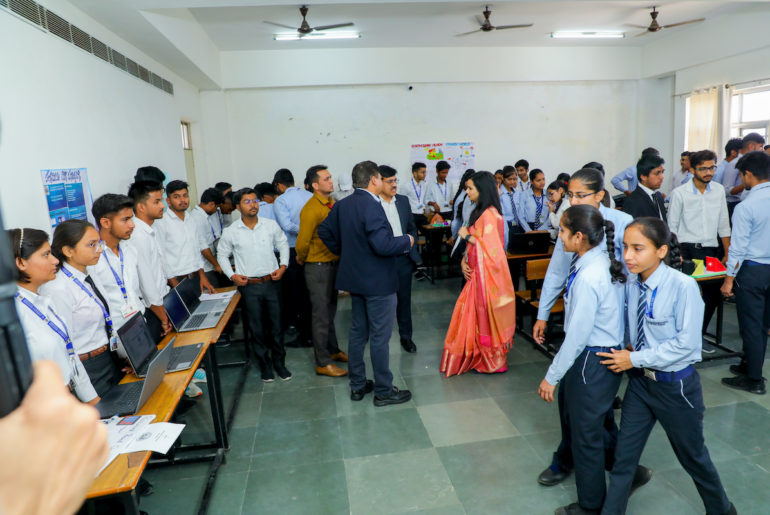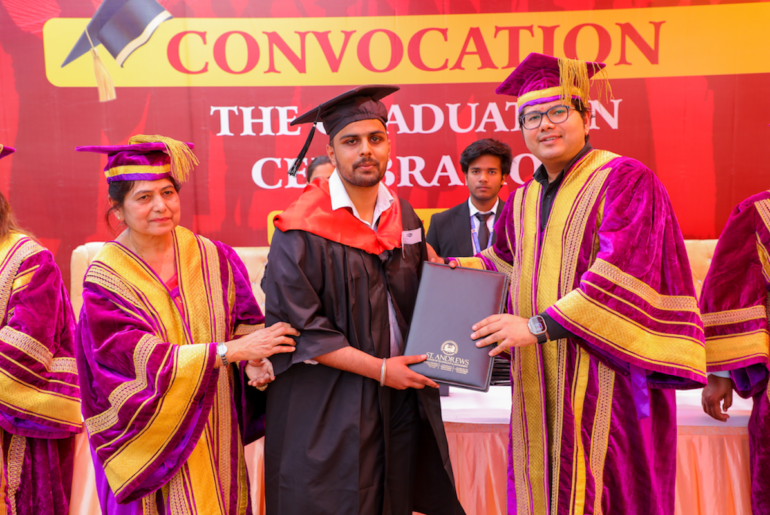B Tech Ka Full Form B Tech Ka Full Form stands for Bachelor of Technology, a prestigious undergraduate degree in…
B Tech IT B Tech IT is an undergraduate engineering program that focuses on the study, dcoesign, development, implementation, and…
B Tech How Many Years A Bachelor of Technology (B.Tech) degree typically spans four years of full-time study. When considering…
B Tech Fees Investing in engineering courses like B.E. or B.Tech can profoundly influence one’s future. B Tech fees can…
B Tech Degree A Bachelor of Technology (B.Tech) is an undergraduate degree awarded to students who complete a four-year program…
B Tech Courses List B.Tech (Bachelor of Technology) is a popular undergraduate program in engineering and technology, offering a variety…
B Tech Entrance Exam B Tech Entrance Exam in India serves as a gateway for students aspiring to pursue undergraduate…
BTech Course Duration The B Tech course duration is typically four years, divided into eight semesters. Each semester lasts about…
What is B Tech Course A Bachelor of Technology (BTech) is a four-year undergraduate degree that focuses on engineering and…
B Tech Branches The Bachelor of Technology (B.Tech) is a popular undergraduate degree program that specializes in engineering and technology…


